US Waivers
A U.S. Waiver of Inadmissibility allows Canadian citizens whose criminal record makes them inadmissible to enter the United States, to travel to the United States. U.S. Waivers are granted by the U.S. Department of Homeland Security/U.S. Customs and Border Protection. You will require a U.S. Waiver if you are a Canadian citizen and have been denied admission to the United States, or are likely to be denied admission because of your criminal history. In order to travel to the United States in this case you must be granted a U.S. Waiver of Inadmissibility. In addition, you must be deemed admissible for entry to the United States, even if that is not your final country of destination (i.e., just flying through).
Not all Canadian citizens with a criminal record require a U.S. Waiver in order to travel to the United States. Only crimes of ‘moral turpitude’ exclude individuals from entry to the United States. This includes most serious Canadian criminal offences, as well as convictions for possession or trafficking of controlled substances (drugs). Also included are most crimes of dishonesty, including theft, possession of stolen property and fraud. DUI convictions and simple or common assaults do not make one inadmissible to enter the United States, although multiple convictions can lead to inadmissibility.
Both driving across the border and flying carry the same risk of being denied entry in to the United States if you have a criminal record and have not received a U.S. Waiver. Each Port of Authority, whether an inland border or an airport, follow the same requirements and procedures. Furthermore, even if you have never been stopped in the past while travelling to the United States with a criminal record, you may suddenly be denied entry and require a U.S. Waiver at any time. If you have been denied entry to the United States once, it is not a good idea to try again without obtaining a U.S. waiver as this could result in being banned from the United Stated for an extended period of time.
You still require a U.S. Waiver even if you have received a Canadian Pardon or Record Suspension. In order to travel to the United States freely (both by car or plane), you will need a separate approval by way of a U.S. Waiver. Although the United States does not recognize a Canadian Pardon or Record Suspension, it does benefit your U.S. Waiver application to apply for both at the same time. Homeland Security favourably views individuals who have either already obtained their Pardons or Record Suspensions when making application for their Waiver or are in the process of doing so.
A U.S. Waiver application includes, among other components, retrieving your Criminal Record of Conviction from the R.C.M.P National Criminal Records Repository in Ottawa and obtaining all documents pertaining to your criminal convictions from every court where your case(s) was heard, etc. Once all the supporting documents have been acquired, you will need to apply for your U.S. Waiver at any major port of entry, at the U.S. border or at a pre-clearance office in Canada. You are eligible to apply for a U.S. Waiver at any time after receiving your criminal conviction, however the Department of Homeland Security normally requires a period of good conduct since your last offence. Once your application has been submitted, the approval process can take between 6-8 months, depending on the number of convictions.
Once you have successfully obtained a U.S. Waiver of Inadmissibility, it is valid anywhere from six months to five years and must be renewed thereafter. The length of time for which a waiver is issued is dependent upon the nature of the criminal offence, the number of offences and the how recent the offence occurred. In our experience at The Pardon Group we have seen six months, one year, three-year and five-year waivers granted. You should plan to apply for a renewal U.S. Waiver within a year of its expiry date. There are no further restrictions on your travel to the United States, once you have received a U.S. Waiver. You may travel to the United States as many times as you wish until the Waiver expires. In unusual cases a Waiver may be granted for a specific period of time, and only allowing for trips of a certain nature. For example, for business, for educational purposes or family emergencies.
The department of Homeland Security has the power to deny any application where they feel the individual applying may be a danger to American society. If you are denied a U.S. Waiver you may have grounds to appeal. If your appeal has merit, and you provide documents to support your claims, you can appeal the decision to deny your U.S. Waiver.
If you are considering obtaining a waiver, or would like to know more about it, please contact our office and we would be happy to explain the process further and what we can do to help.
